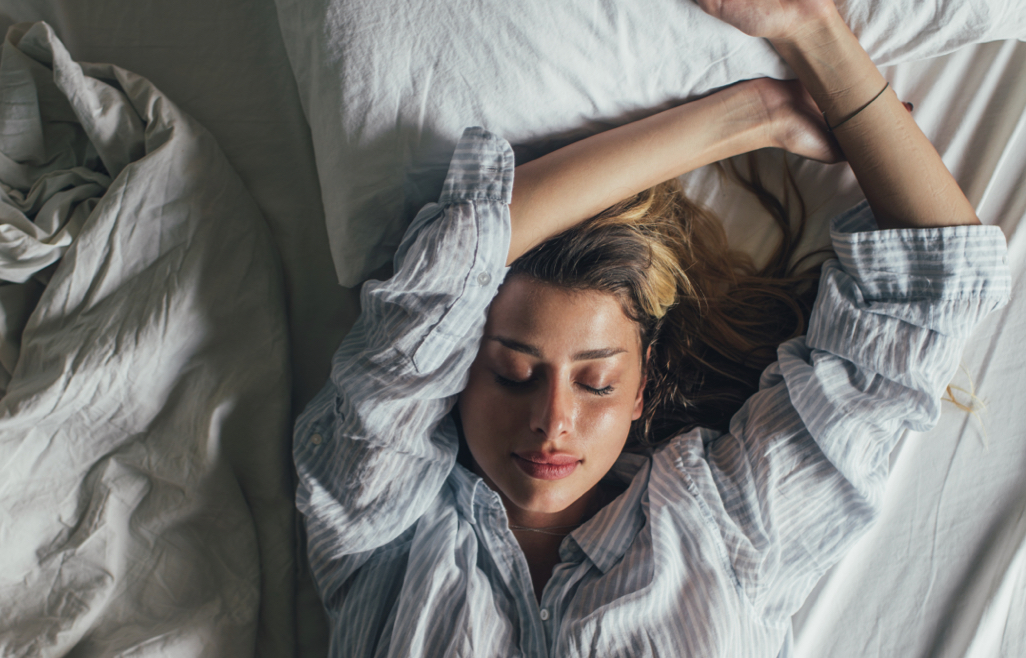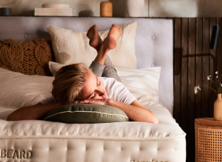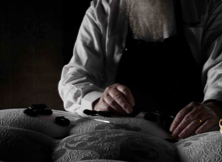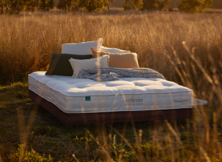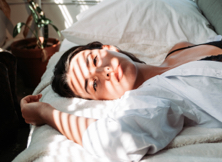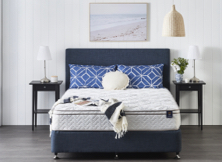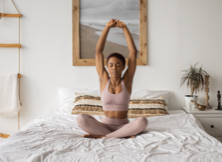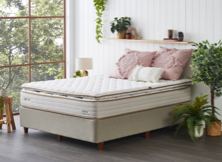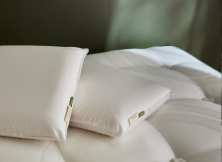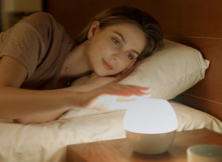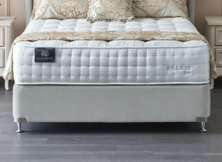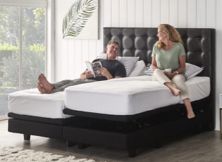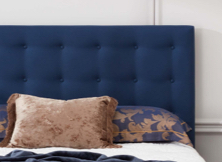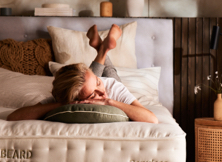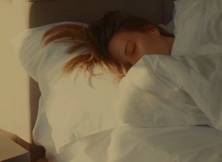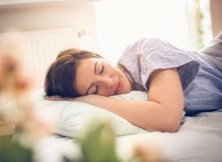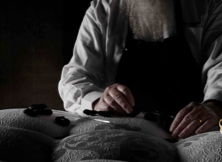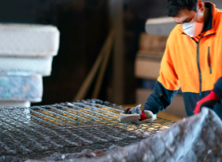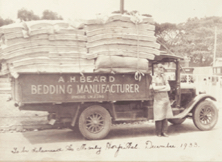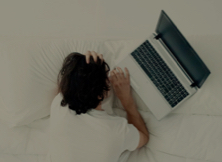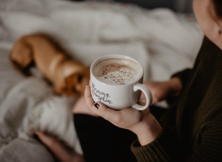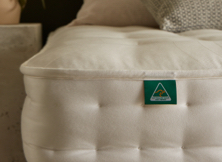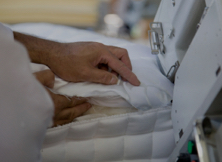Understanding how well you sleep is the first step towards getting a better night’s rest. Sleep trackers help you monitor your sleep cycles, but just how exactly do they work?
With long days at work and endless shows to binge on Netflix, it’s all too common for many of us to get less sleep than our bodies need. In fact, the latest YouGov data shows that almost a third of all Australians aren’t getting enough sleep, and only one in seven sleep through the night. This means, most of the time, a large portion of us are sleep deprived.
However, as more research emerges on the importance of a good night’s sleep, people are quickly realising that sleep is essential to physical and mental wellbeing. On top of investing in high-quality bedding to achieve hotel comfort at home, many of us are now turning to a sleep tracker to help monitor and improve our rest.
So how do they work, and what do they track? We take a closer look at the technology behind sleep trackers below.
What are sleep trackers?
Sleep trackers are devices that monitor your quality of sleep. They come in several forms, from smart watches to a fitness tracker, headbands, rings, and devices like the RestOn Smart Sleep Monitor that slide directly on to your mattress. Most of them work together with a sleep app on your smartphone.
What do sleep trackers measure?
Before diving into the technology behind how sleep trackers work, it’s important to first look at what they’re measuring. While different sleep trackers might measure various aspects of your rest, there are some common features that most devices take into account when tracking and analysing sleep quality.
These include:
- Sleep-wake cycles. Regardless of type, all trackers will look at exactly how many hours of sleep you’re getting every day, in order to see if you’re sleeping enough.
- Sleep cycle. Our bodies go through multiple stages of sleep, including light sleep, deep sleep and REM. Most trackers measure how much time you spend in each stage.
- Quality of sleep. Good sleep isn’t just about the time you spend lying in bed. Sleep trackers measure things like your movement, heart rate, breathing, and respiratory rate, in order to see if you’re truly getting a quality night’s sleep.
Using all of these factors, sleep trackers start to get a clear picture of your sleep, and how you can improve it.
What else can sleep trackers do?
Beyond measuring your sleep-wake cycles and sleep quality, sleep technology can help you identify exactly why you do — or don’t — sleep well. The A.H. Beard RestOn Smart Sleep Monitor and SLEEP DOT Mini Sleep Tracker provide a comprehensive analysis of your sleep, along with a nightly sleep score that’s delivered straight to your smart phone in the morning. Similar to a personal consultant, the app gives you tailored tips on how to improve your sleep based on your unique data, in order to help you achieve your best sleep every night.
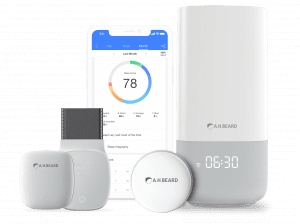
How do they work?
After looking at all the different aspects that sleep trackers measure, chances are the next question on your mind is exactly how they do it.
There are two key ways that sleep trackers measure your sleep quality: via wearable devices and non-wearables. Depending on the type of sleep tracker you have, it may use one, or both of these to measure your sleep quality and duration by taking the following factors into account:
Motion detection
It’s no surprise that while sleeping, we’re much more still than when we’re awake — which makes body movement a fairly reliable indicator when it comes to determining our sleep quantity and quality. Sleep trackers generally measure movement using your phone, or via an actigraph worn on your wrist.
Almost every smartphone today comes equipped with an accelerometer, which uses small motion detectors to measure movement. Sleep tracking apps rely on the accelerometer, as well as noise picked up from your phone’s mic, to see how much movement you’re making and determine whether you’re asleep or awake.
On the other hand, sleep trackers like the Fitbit typically use actigraphy. These are worn around your wrist and have an in-built accelerometer to record your body’s motions and gage whether you’re asleep or awake.
Heart rate and respiratory rate
When you fall asleep, both your heart rate and blood pressure slows down and generally stays steady. The only exception to this is REM sleep, where your heart rate increases or varies much more than in other stages of sleep.
Because of this, sleep trackers monitor your heart rate to assess whether you’re asleep or awake, and get a more accurate gage on your different sleep cycles. Some also measure your breath and respiratory rate to detect any sleep disorders, such as snoring or sleep apnea, which can interfere with your quality of sleep.
So what sleep tracker should I use?
Ultimately, it’s important to remember that not all sleep trackers are created equal. Sleep tracking apps that only use your phone’s accelerometer might not be as accurate as wearable devices, or trackers that fit directly onto your mattress.
If you’re just curious about how much sleep you’re getting every night, a basic sleep tracking app might be enough for you. But if you’re serious about achieving your best sleep, it’s worth investing in A.H. Beard’s smart sleep solutions, to ensure you get quality rest to operate at your best.






